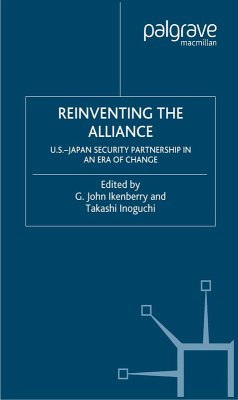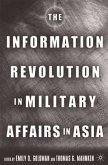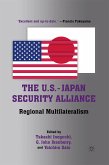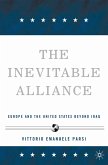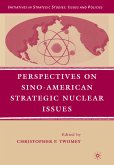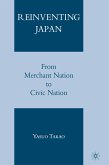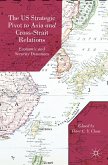Dieser Download kann aus rechtlichen Gründen nur mit Rechnungsadresse in A, B, BG, CY, CZ, D, DK, EW, E, FIN, F, GR, HR, H, IRL, I, LT, L, LR, M, NL, PL, P, R, S, SLO, SK ausgeliefert werden.
This book reassesses the fifty-year old U.S.-Japan alliance and explores the ways in which this security system could be effective for the next fifty years. In the search for a viable redefinition of the U.S.-Japan alliance in the future, the authors study different models of regional security, and propose that the "U.S.-German relationship model" is a better model for the U.S.-Japan security partnership than the "U.S.-British partnership model," recommended in the Armitage Report (fall 2000). Altogether, this work provides valuable insight for redefining the role of the U.S.-Japan alliance in Asia in the twenty-first century. - Mayumi Itoh, University of Nevada, Las Vegas
The contributors in this volume are well-chosen. Ikenberry and Inoguchi skillfully introduce the reader to the themes of the book. Well-organized scholarship flows deftly to guide both the non-specialist as well as the specialist reader through the wealth of expert information presented on this complex topic.
- Robert Angel, Associate Professor, Department of Political Science, University of Southern California, and author of Explaining Economic Policy Failure: Japan and the 1969-1971 International Monetary Crisis

